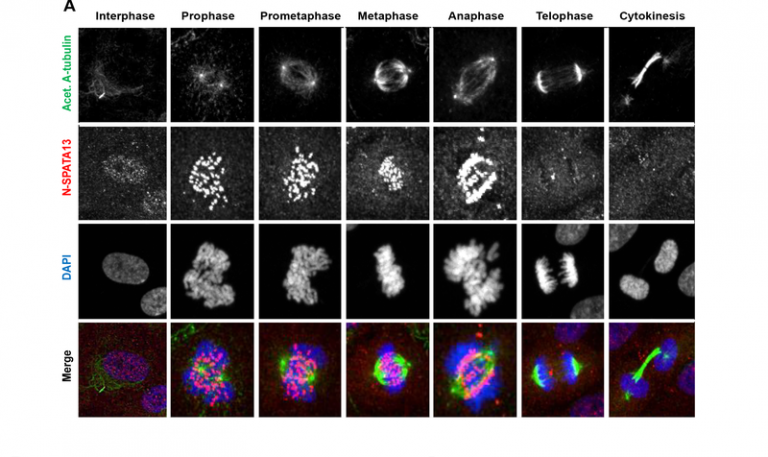New study reveals genetic mutation behind primary angle-closure glaucoma (PACG)
28 April 2020
Researchers from the UCL Institute of Ophthalmology, Moorfields Eye Hospital and Queen Mary University of London studied the genetics of a large, multi-generation family from the London area with a long history of PACG.

The study, led by IoO’s Prof Paul Foster and conducted by Drs Naushin Waseem and Sancy Low is published in the journal PLoS Genetics.
It gives the first insights into the genetic characteristics and cellular biology of members of UK families who develop angle-closure glaucoma.
Angle-closure glaucoma is a common cause of blindness. Although it is particularly common in Asia, it does affect over one million people in Europe. In many cases, it has sudden onset and can rapidly cause permanent damage to vision.
Paul Foster, Professor of Ophthalmic Epidemiology & Galucoma Studies at the UCL Institute of Ophthalmology, said:
“This is the first time that we have been able to track the transmission of this important cause of blindness through a family, and identify an underlying biological mechanism. This will help us identify those people at risk with greater certainty than ever before. By understanding the cellular mechanisms at work in this disease, it may help us develop new, more effective treatments.
Ahmed Waseem, Professor of Molecular and Cellular Oral Biology at Queen Mary University of London, said:
“Primary angle closure glaucoma is a rarer form of glaucoma, which can be asymptomatic but causes sudden blindness resulting in huge burden on health services and national economy. This ground-breaking study identifies the first genetic cause of the disease, which will lead researchers to develop novel screening and treatment methods and also help to reveal other genes involved in this disease pathway.
 Close
Close

